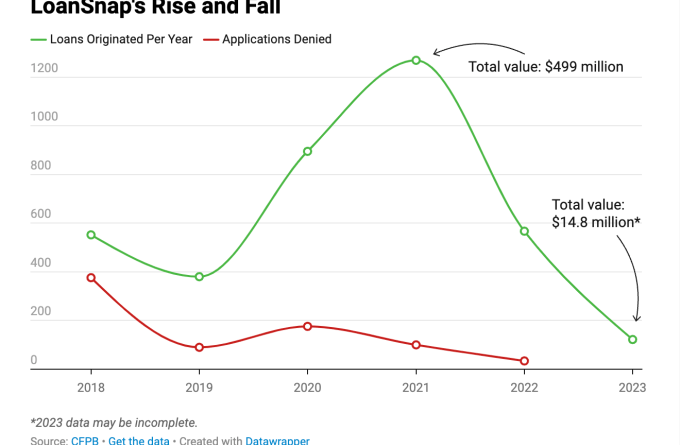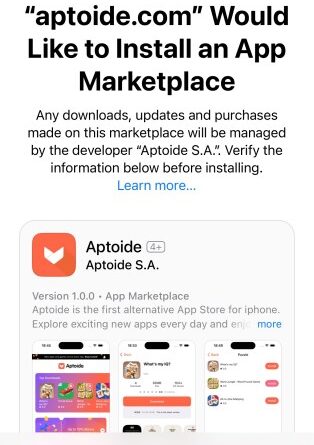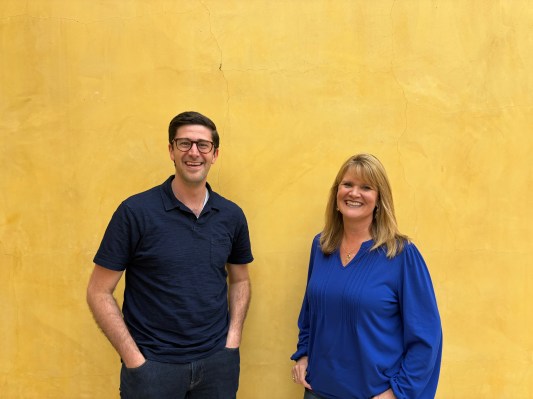
[ad_1]
The race to net zero has led thousands of businesses to commit to eliminating their greenhouse gas emissions by 2050, a commitment that falls short of what is needed to counter the growing climate emergency.
The problems are manifold. Insufficient action and planning among governments and corporations is part of it, but even with the best will in the world, the Herculean undertaking required to get businesses to net zero in less than three decades presents a vast gamut of challenges.
Among them is how to help well-intentioned institutions invest in carbon projects, and — by extension — how to help carbon projects get investment? This is something that Opna is setting out to solve, with a platform that helps corporations find, fund, and monitor carbon projects as part of their offsetting endeavors.
The London-based company, which rebranded from Salt some three months ago, today announced it has raised $6.5 million in seed funding as it looks to connect projects with corporates seeking to address their emissions as part of the so-called voluntary carbon market (VCM).
Fully vetted
Founded in 2022, Opna serves as a direct artery for corporates to find fully-vetted project developers, saving them time and money sourcing projects to fund as part of their net-zero efforts. Additionally, Opna also helps facilitate the financing aspect through standardized processes and agreements, while enabling businesses to monitor their portfolio of projects over time through by key performance indicators (KPIs) and risk reporting.
According to Opna founder Shilpika Gautam, the status quo for carbon project discovery and financing is largely an arduous, manual process with little in the way of digitalization. And there is little consistency across sectors, adding to the due diligence difficulties.
“The processes and tools are driven by the sophistication and expertise of corporations, and how business-critical their net-zero strategy is,” Gautam explained to TechCrunch. “The most ‘active’ businesses are swamped with emails from project developers — as the process is entirely manual, it’s hard for businesses to tell good or bad or duplicate projects, leaving them to default to working with project developers they know.”

Opna’s founder Shilpika Gautam Image Credits: Opna
On the project side, there are a wide range of developer types, including larger private players such as South Pole and Ecosecurities that have access to their own capital pool. And then there are small and mid-sized players that typically need to raise upfront financing to fulfil their carbon projects. It’s these latter ones that Opna is looking to support, whereby a financier (i.e. a corporation) provides some of the funding upfront with the promise either of future carbon credits, or commits to purchase carbon credits when they are delivered.
“We focus on projects where there are frameworks and standards available, and where the science is more known,” Gautam said. “In other words, where we can really focus on tackling the financing challenge.”
In terms of business model, Opna plans to charge a set percentage on completed financing transactions, as well as an annual subscription for monitoring, tracking, and reporting in projects that become financed.
In its 18 or so months since its founding, Gautam says Opna has signed up “tens” of project developers from around the world who need upfront financing.
“We work closely with these projects, which range from reforestation projects in South America, restoring degraded lands and conserving biodiversity, to biochar projects that create biofuels and achieve carbon removal, across several countries in Europe, Africa, and South Asia,” Gautam said.
On the financing side, meanwhile, Gautam said that Opna has been privately beta testing its platform with several enterprises across different sectors, though she stopped short of naming names. But its latest cash injection will be substantively used to scale things and boost customer awareness over the next couple of years.
Carbon copy
There are a number of players operating in the Opna’s space, including carbon removal marketplace Supercritical which recently raised $13 million in Series A funding. However, Gautam said that Opna is setting itself apart by not simply allowing companies to purchase carbon credits that have already been generated, but instead moving further upstream to help get new projects off the ground.
“Opna’s platform enables businesses to directly finance carbon projects, way before the projects generate a carbon credit,” Gautam said. “This is a crucial distinction, because we currently have a supply shortage of high-quality credits, and by financing projects at the start, businesses help bring them to life, thereby locking in the future supply of credits that these projects eventually generate to match their net-zero goals.”
Opna’s seed round was led by European VC Atomico, with participation from Pale Blue Dot, MCJ Collective, Angelinvest, Tiny VC, and several angel investors.
[ad_2]
Source link






